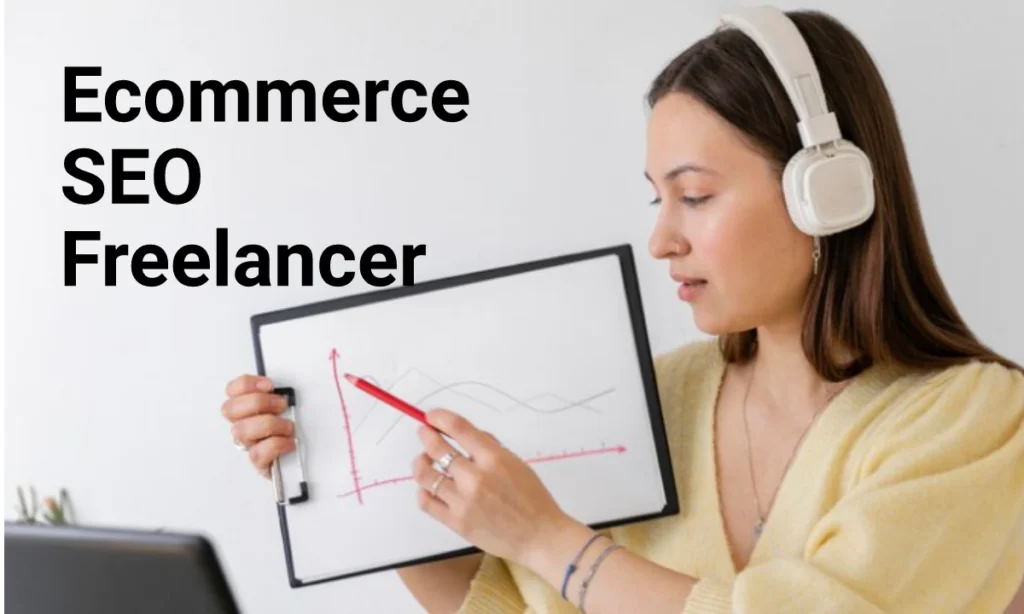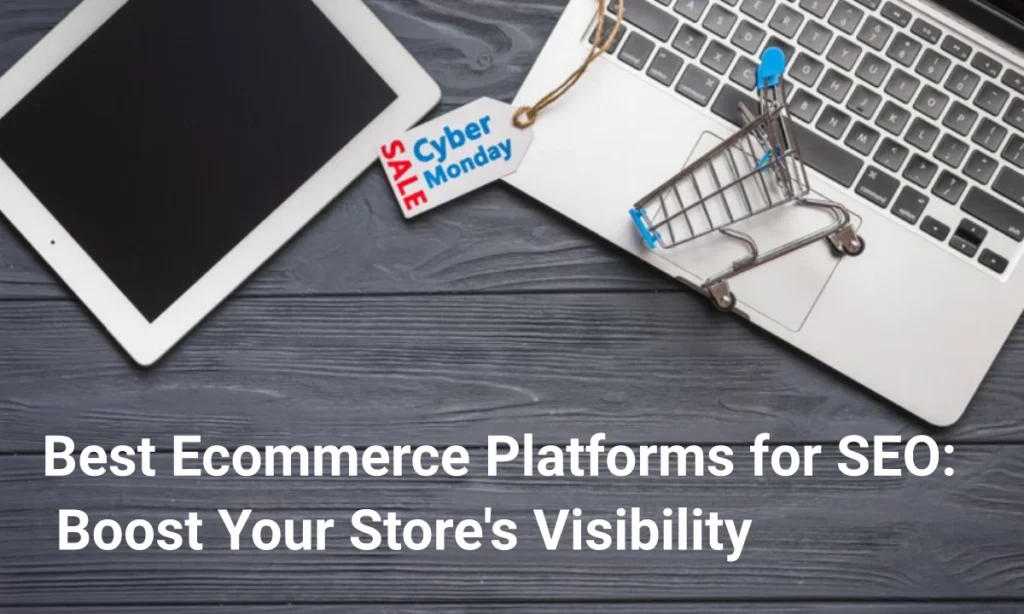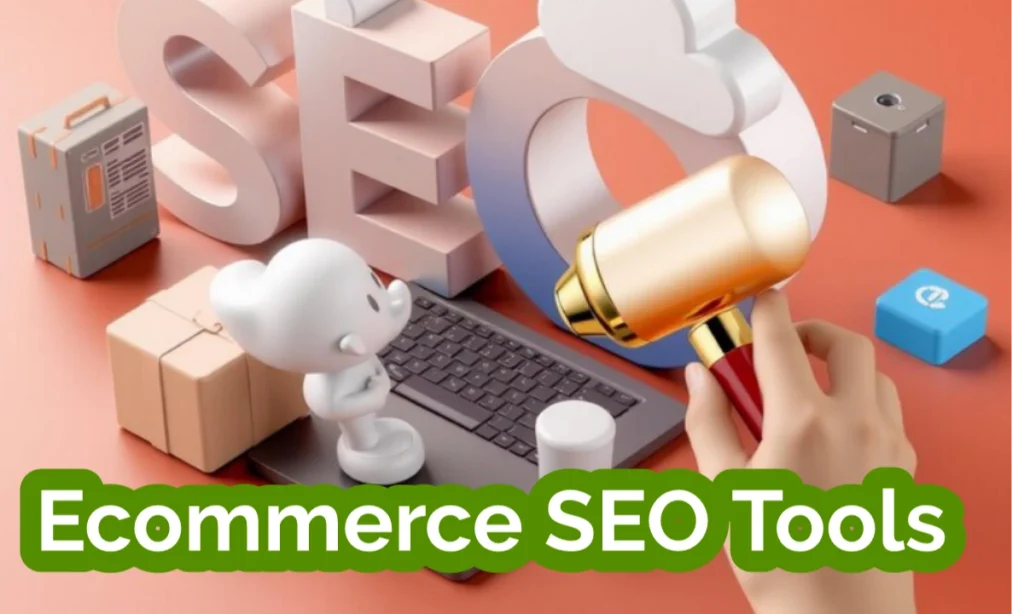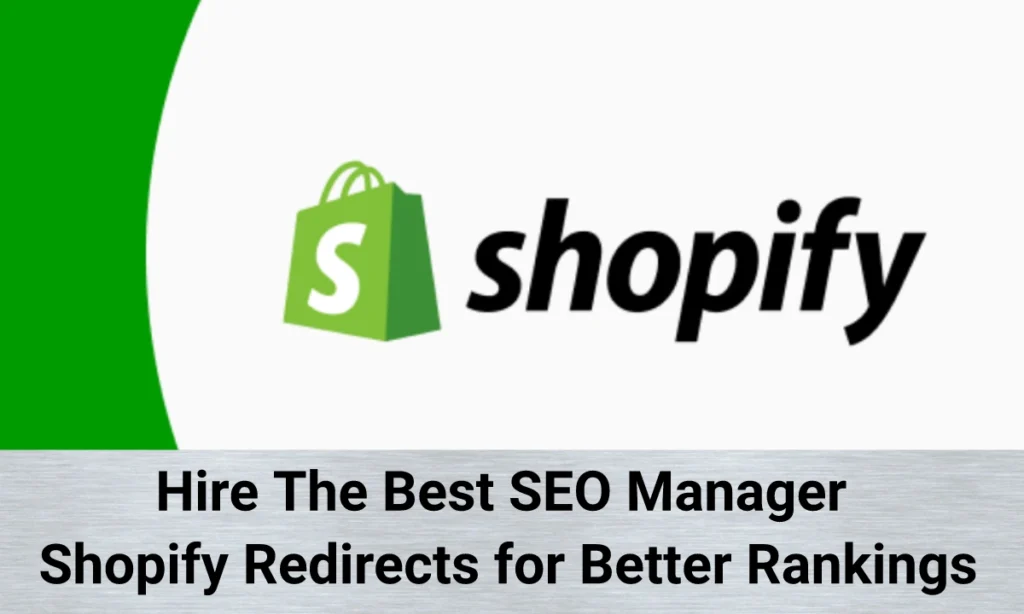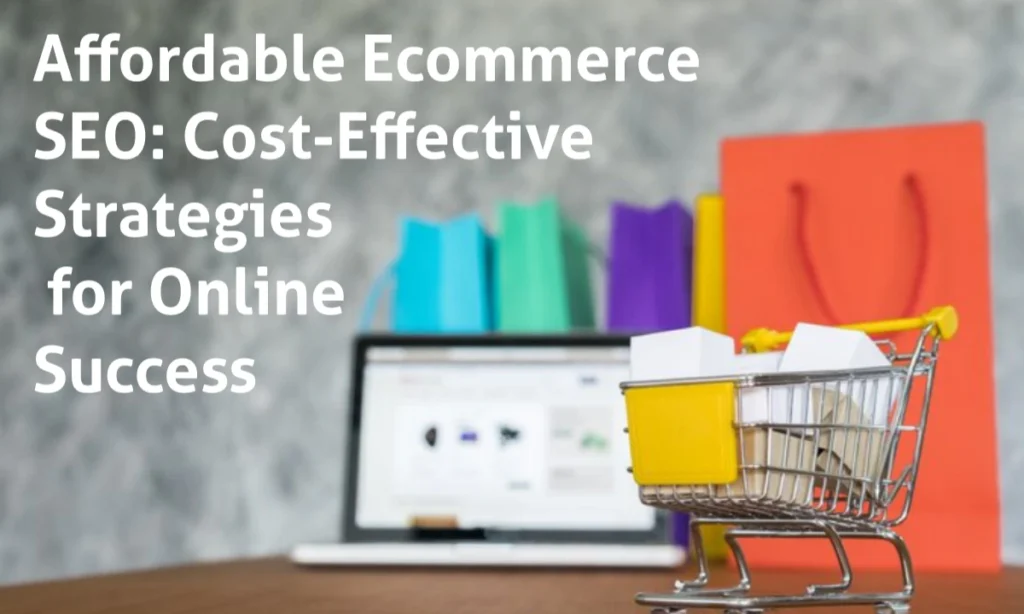Is a E-Commerce Website a VPS Site?Let’s Break It Down
Is a e-commerce website a VPS site? Discover if your online store needs VPS hosting and explore expert Fiverr services to help you scale.
Is a E-Commerce Website a VPS Site? No, an e-commerce website is not the same as a VPS site. A VPS, or Virtual Private Server, is a type of web hosting that an e-commerce site can use. Think of it like this: your online store (like Shopify or WooCommerce) is the business, and the VPS is the building it runs in. For example, a growing e-commerce site might upgrade to VPS hosting for better speed and security.
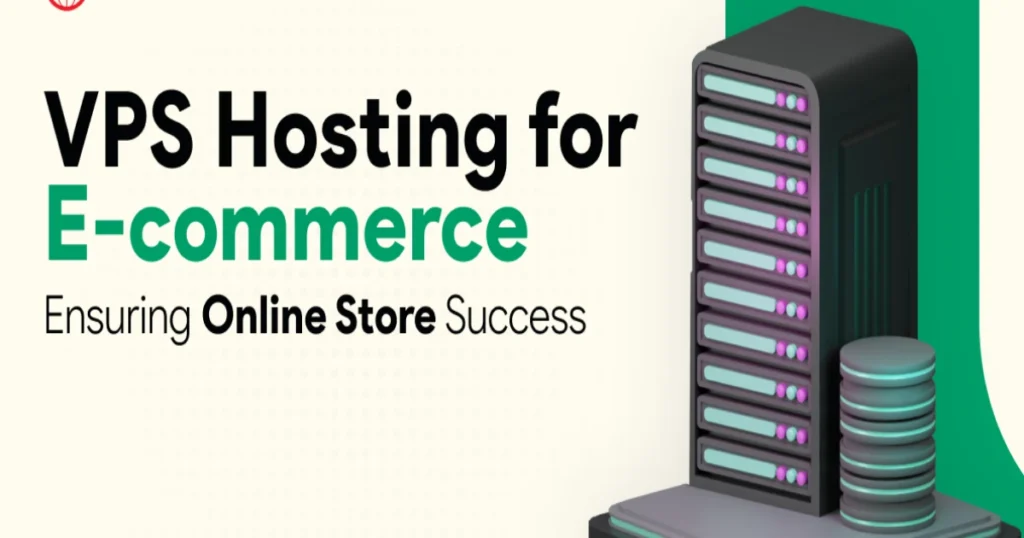
When launching an online store, one of the first technical questions that pop up is: Is a e-commerce website a VPS site? This question might sound confusing at first, but it’s crucial if you want your website to run smoothly, scale efficiently, and handle traffic spikes. In this guide, we’ll explore what VPS hosting is, how it compares to other types of hosting, and whether it’s the right fit for your e-commerce setup. And if you’re not super techy, don’t worry—we’ll keep things simple and practical.
Understanding What a VPS Site Is
A VPS, or Virtual Private Server, is a type of web hosting that gives your site a dedicated portion of server resources. Unlike shared hosting, you don’t have to compete for bandwidth or memory. Think of it like renting an apartment instead of living in a dorm room. You get more control, better performance, and enhanced security.
If your e-commerce store is built on platforms like WooCommerce, Magento, or even custom-coded systems, VPS hosting can be a game-changer.
Table of Contents
“The secret of success is to do the common things uncommonly well.” — John D. Rockefeller
Why Hosting Type Matters for Online Stores
Your web hosting is the backbone of your e-commerce business. A slow or unreliable server means lost sales, frustrated users, and lower search rankings. Choosing the right type of hosting is like picking the right engine for your car. VPS hosting offers a sweet spot between affordability and performance.
How VPS Hosting Boosts Your Online Store
Here are a few ways VPS hosting directly benefits e-commerce:
- Faster loading times
- Better uptime reliability
- More flexibility for custom code or apps
- Enhanced data security
- Scalable to support growing traffic
That said, not every store needs VPS right away. But if you’re seeing traffic growth or using resource-heavy plugins, it might be time to upgrade.
Shared Hosting vs VPS for E-Commerce
Let’s compare the two:
| Feature | Shared Hosting | VPS Hosting |
|---|---|---|
| Speed | Moderate | High |
| Cost | Low | Medium |
| Security | Basic | Advanced |
| Customization | Limited | Extensive |
| Scalability | Poor | Excellent |
Best Time to Upgrade from Shared to VPS
Here are signs it’s time to switch:
- Your website takes too long to load
- You experience frequent downtimes
- You plan to run flash sales or ads
- You’re managing high customer traffic
“Success usually comes to those who are too busy to be looking for it.” — Henry David Thoreau
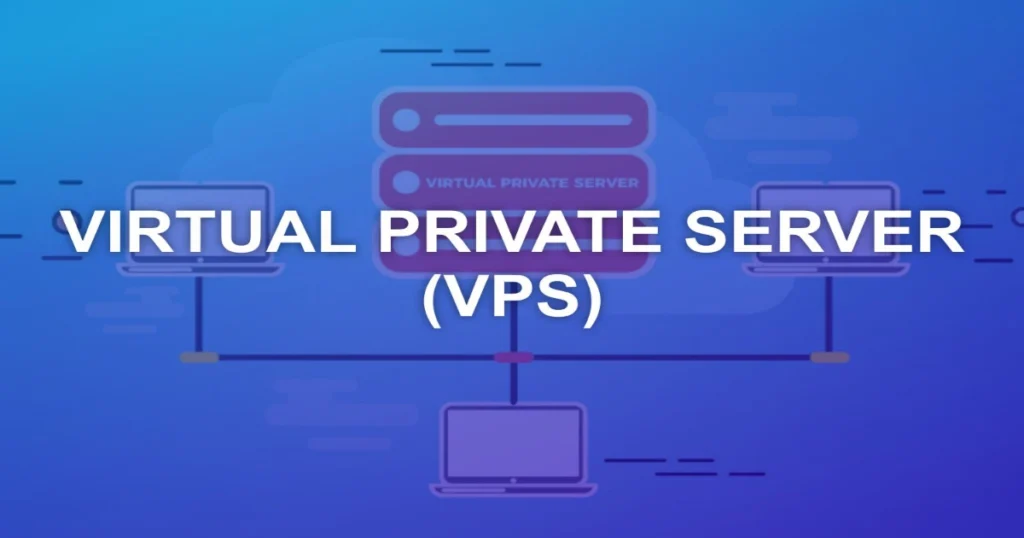
Is a VPS Site Always Needed for E-Commerce?
Nope, not always. For a brand-new store with limited products and traffic, shared hosting can work just fine. But as you scale, VPS becomes a smart move.
Platforms like Shopify use their own cloud infrastructure, while WooCommerce or Magento give you more freedom—and that often means managing your own VPS or hiring a pro to do it for you.
Explore Top E-Commerce Hosting Services on Fiverr
If managing a VPS sounds too technical, Fiverr’s got your back. Check out these freelance pros who can:
- Set up VPS for WooCommerce
- Migrate your site from shared to VPS
- Optimize server settings
- Secure your VPS from threats
- Maintain ongoing server health
These services can save you hours of stress and potential data loss. Investing in the right freelancer early on pays off.
Performance Tips for E-Commerce VPS Hosting
Here are quick wins to boost your store’s performance:
- Use a lightweight theme
- Enable caching plugins
- Compress images
- Use a CDN
- Regularly update plugins and core files
Server Requirements for a High-Traffic Store
| Store Type | Recommended RAM | CPU Cores | Storage |
| Small Store | 2 GB | 1 Core | 20 GB SSD |
| Medium Store | 4 GB | 2 Cores | 40 GB SSD |
| Large Store | 8+ GB | 4+ Cores | 80+ GB SSD |
How to Choose the Right VPS Plan
Here’s what to consider:
- Current and projected traffic
- Number of products
- Expected media usage (videos, images)
- Peak sale events (Black Friday, etc.)
Pick a VPS that can handle your busiest day, not your average day.
Security Benefits of Using VPS Hosting
Security is huge in e-commerce. With VPS, you get:
- Root access to control server security settings
- Private resources, minimizing shared risk
- Custom firewalls and malware scans
You can also hire Fiverr experts to configure security layers tailored for your store.
Why VPS Is Better Than Shared for SEO
Google loves fast, secure, and stable websites. VPS helps with:
- Page speed (a ranking factor)
- Uptime (Google bots won’t crawl offline pages)
- IP reputation (not shared with spammy sites)
Better SEO means more traffic, which means more sales.
“Don’t watch the clock; do what it does. Keep going.” — Sam Levenson
Scaling Your Store with VPS Support
As your business grows, so should your infrastructure. VPS makes it easier to:
- Handle spikes during promotions
- Run complex plugins or custom code
- Store large product catalogs
You can even scale vertically (more power) or horizontally (more VPS nodes).
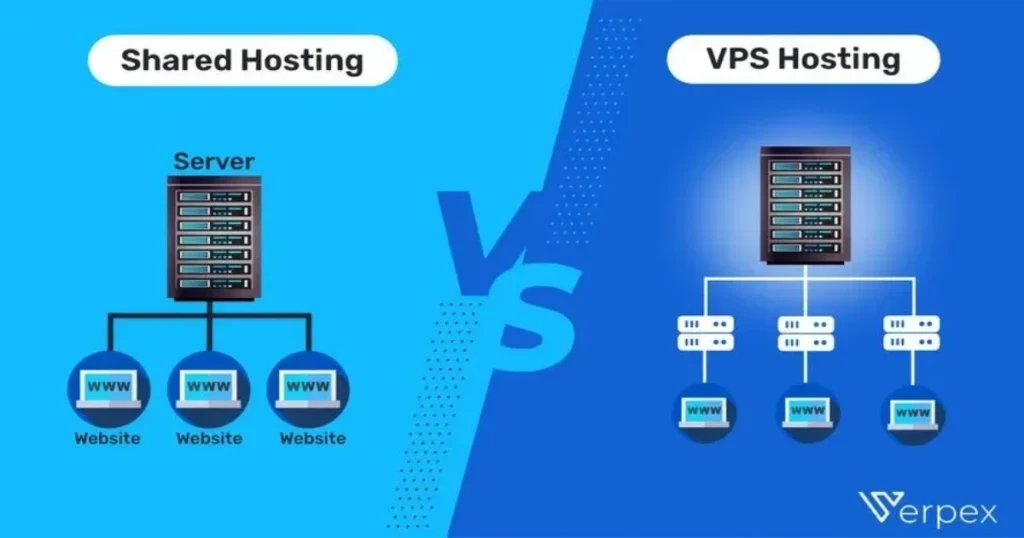
Smart Use of Fiverr to Optimize VPS Hosting
Here are Fiverr gigs to check out:
- E-commerce site optimization
- VPS server maintenance
- Speed enhancement for WooCommerce
- Magento server experts
These freelancers often offer affordable packages that get you enterprise-level performance.
Conclusion: Is a E-Commerce Website a VPS Site?
So, is a e-commerce website a VPS site? It can be, and often should be, as your business grows. VPS hosting offers the perfect blend of performance, control, and security. Whether you’re just starting or ready to scale, understanding your hosting needs is key. And remember, you don’t have to do it alone. Fiverr is packed with experts who can guide you, set things up, and make sure everything runs like a dream.
Need help now? Head over to Fiverr and hire a freelance VPS expert to upgrade your e-commerce experience today.
Frequently Asked Questions About Title
Is a e-commerce website a VPS site?
Not always. An e-commerce website becomes a VPS site only when it’s hosted on a Virtual Private Server, which offers better performance and scalability than shared hosting.
What does VPS mean for an online store?
VPS (Virtual Private Server) hosting gives your e-commerce website dedicated server resources, improving speed, uptime, and overall customer experience.
Is VPS hosting better than shared hosting for e-commerce?
Yes, VPS hosting is better for e-commerce websites that require higher performance, enhanced security, and more customization.
When should I move my e-commerce site to VPS hosting?
Consider VPS hosting when your site traffic grows, you experience slow load times, or you need more control over server configurations.
Can I start my e-commerce business on a VPS?
Absolutely! Starting with VPS hosting ensures a strong technical foundation, especially if you anticipate growth.
What platforms work best with VPS hosting?
WooCommerce, Magento, and custom-built e-commerce platforms work exceptionally well with VPS hosting.
How does VPS impact e-commerce SEO?
VPS improves SEO by offering faster page load speeds, reliable uptime, and dedicated IP addresses—factors Google favors.
Is VPS more secure than shared hosting for online stores?
Yes, VPS hosting provides enhanced security features such as root access, isolated resources, and customizable firewalls.
Do Shopify sites use VPS hosting?
No, Shopify uses its own managed cloud hosting infrastructure, so you don’t need to manage VPS manually.
Can Fiverr freelancers help manage VPS for e-commerce?
Yes! Fiverr offers skilled VPS experts who can set up, optimize, secure, and maintain your VPS for e-commerce.
Is VPS hosting scalable for growing e-commerce stores?
Definitely. VPS hosting allows vertical and horizontal scaling to meet increasing demands.
How much RAM and CPU do I need for a VPS e-commerce site?
Small stores need 2GB RAM and 1 CPU core, while large ones may require 8+ GB RAM and 4+ cores.
What’s the best VPS hosting provider for e-commerce?
Top options include Bluehost, Hostinger, SiteGround, and DigitalOcean—many freelancers on Fiverr can help you set them up.
Can I run multiple e-commerce sites on one VPS?
Yes, a VPS can host multiple e-commerce websites as long as resources are sufficient.
How do I migrate my store from shared hosting to VPS?
Hire a Fiverr VPS expert to handle the migration safely and efficiently, minimizing downtime and data loss.
What are the VPS benefits for WooCommerce users?
WooCommerce benefits from VPS through faster load times, smoother plugin usage, and better checkout performance.
Are VPS hosting services beginner-friendly?
Managed VPS services are very beginner-friendly, and freelancers on Fiverr can take care of the complex setup for you.
How much does VPS hosting cost for an e-commerce store?
Prices range from $10 to $80+ per month, depending on the resources and features you need.
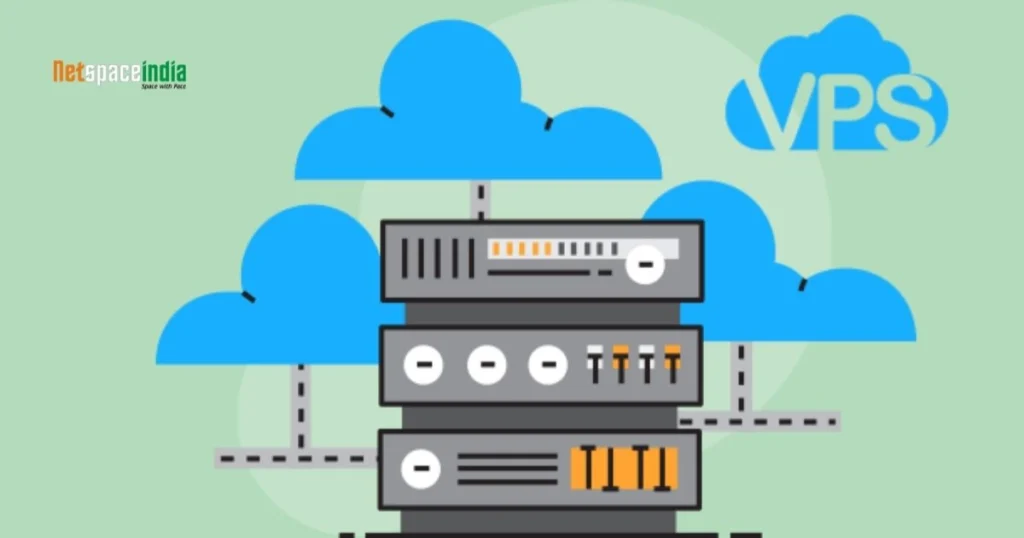
Do VPS sites load faster than shared hosting e-commerce sites?
Yes, VPS sites generally load faster, which leads to better UX and higher conversion rates.
Can VPS hosting help reduce cart abandonment?
Indirectly, yes. A fast, stable website hosted on a VPS enhances user experience and reduces bounce and abandonment rates.
Affiliate Disclosure
This article contains affiliate links. If you purchase services through these links, we may earn a small commission at no extra cost to you. We only recommend tools and services that we trust and believe will benefit your business. Some services mentioned—like Fiverr VPS setup gigs—are excellent resources for those asking, is a e-commerce website a VPS site?
Author Bio : Martin
Martin is an experienced affiliate marketer and tech content creator who specializes in helping online businesses thrive. With a passion for simplifying complex topics, Martin writes about VPS hosting, e-commerce SEO, and cloud solutions. Whether you’re just starting or scaling your e-commerce website, Martin’s guides are packed with practical advice and trusted service recommendations. Curious about whether your store should be a VPS site? Martin’s got you covered—because smart hosting choices can make or break your online success. Please contact with the author at [email protected]


